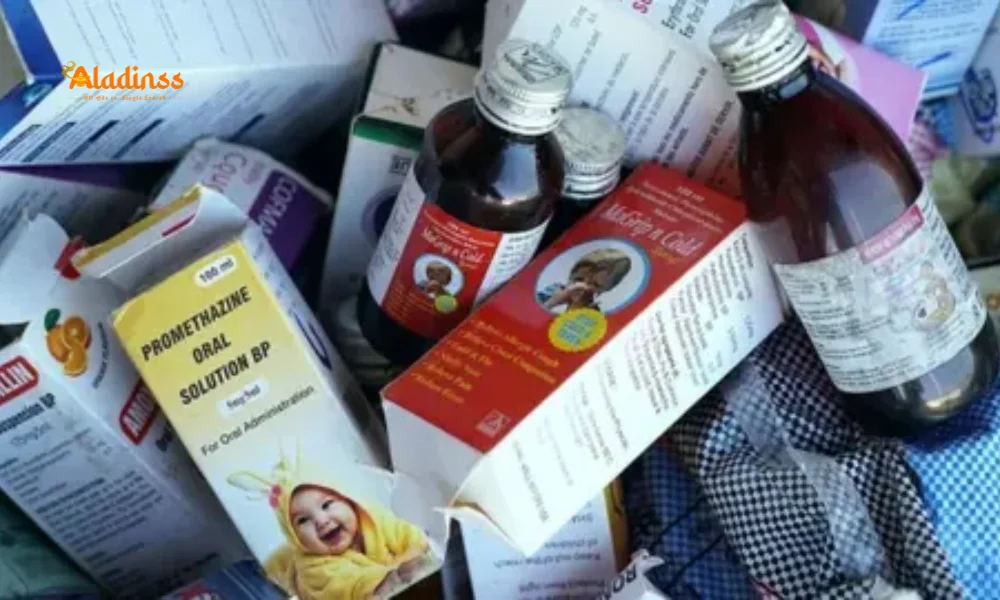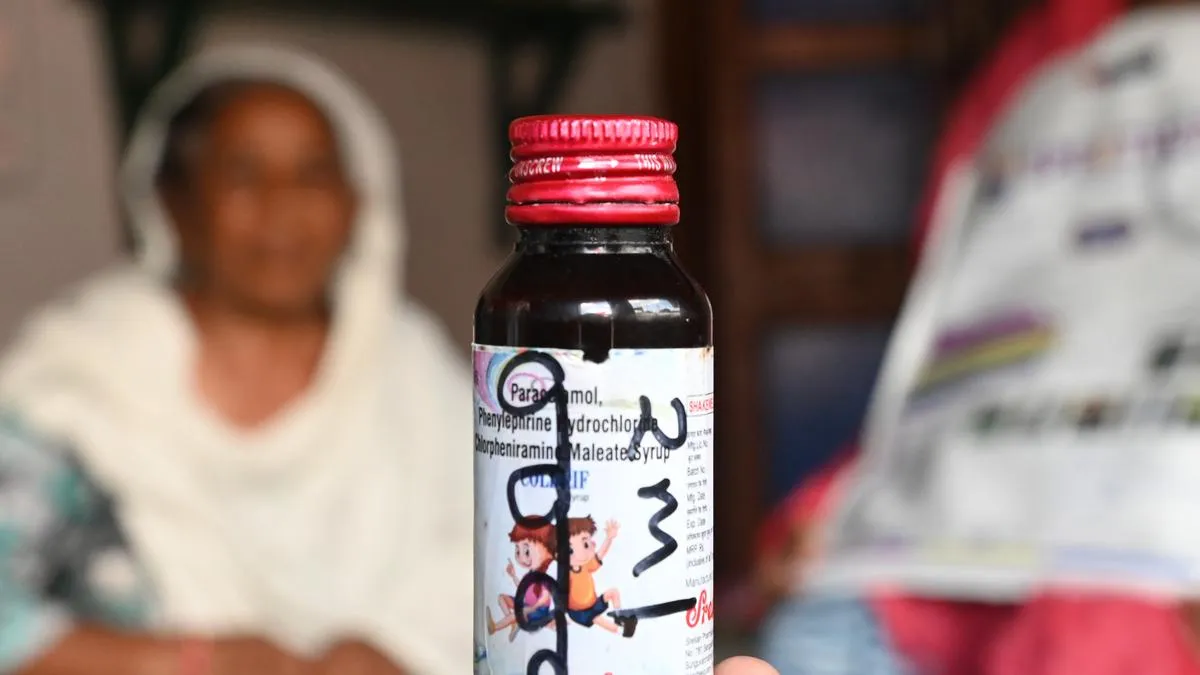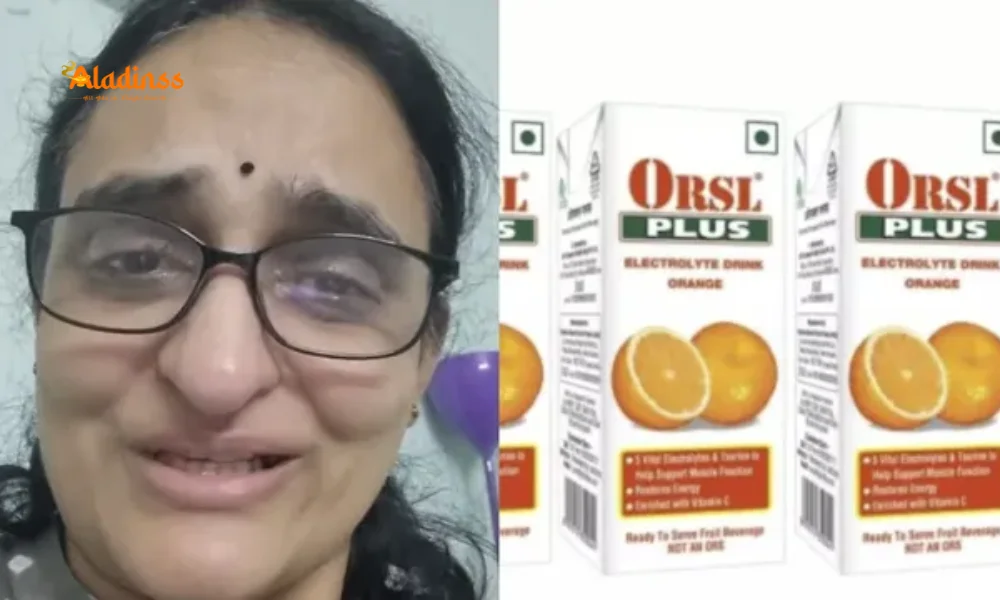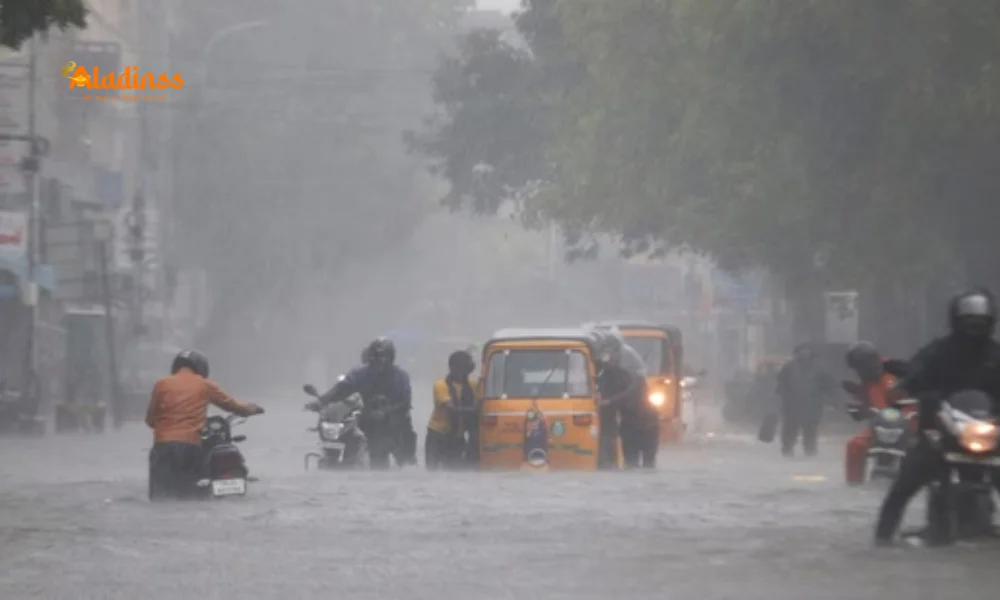WHO Warns: 3 Indian Cough Syrups Deadly Risk

WHO Issues Global Alert: Avoid 3 Contaminated Indian Cough Syrups After Deadly Child Outbreak

In a stark warning amid a heartbreaking child mortality crisis, the World Health Organization (WHO) has flagged three contaminated cough syrups India manufactured in the country, urging global avoidance due to toxic diethylene glycol (DEG) contamination. The alert, issued on October 13, 2025, targets specific batches of Coldrif, Respifresh TR, and ReLife, linked to at least 23 child deaths in Madhya Pradesh's Chhindwara district and additional fatalities in Rajasthan. This WHO warning cough medicines comes after India's Central Drugs Standard Control Organization (CDSCO) confirmed the presence of the kidney-damaging chemical, sparking nationwide recalls and license suspensions.
The tragedy unfolded in late September 2025, with young patients prescribed these over-the-counter remedies for common colds succumbing to acute renal failure. Tamil Nadu authorities swiftly canceled the manufacturing license of Coldrif producer Sresan Pharmaceuticals, arresting its owner and revoking inspectors' credentials for oversight lapses. While India assures no exports occurred, the WHO emphasizes vigilance in unregulated markets to prevent further DEG contamination risks.
Health experts decry this as a preventable scandal, echoing past global incidents where substandard syrups claimed young lives. As investigations deepen, parents and pharmacists are advised to scrutinize labels and report suspicious products immediately.
The Devastating Toll: Child Deaths Linked to Toxic Syrups
The outbreak's epicenter lies in Madhya Pradesh, where 23 children under five perished after ingesting Coldrif, a popular pediatric cough remedy. Symptoms began innocuously-coughs and fevers-but escalated to vomiting, abdominal pain, and irreversible kidney damage within days. In neighboring Rajasthan, two more toddlers met tragic ends from similar exposures, prompting a multi-state probe. Chhindwara's district hospital became a grim hub, overwhelming facilities as grieving families demanded accountability.
A detained local doctor faces scrutiny for over-prescribing these syrups, while forensic tests revealed DEG concentrations far exceeding safe limits-up to 20 times higher in some samples. This isn't isolated; Rajasthan officials initially denied links but later corroborated contamination in seized stocks, highlighting inter-state supply chain vulnerabilities.
Nationwide shockwaves have led to two additional bans in Madhya Pradesh, targeting unverified formulations. The Union Health Ministry's October 5 statement assured no contaminants in routine tests, yet escalating deaths exposed regulatory blind spots in small-scale pharma units.
WHO's Urgent Alert: Details on the Flagged Products
WHO's Medical Product Alert N°5/2025 meticulously outlines the perils of these substandard oral liquids, designed for cold and flu relief but laced with DEG-a sweet-tasting industrial solvent unfit for human consumption. The implicated trio includes:
- Coldrif by Sresan Pharmaceutical (Tamil Nadu): Batches contaminated post-December 2024, directly tied to MP fatalities.
- Respifresh TR by Rednex Pharmaceuticals: Elevated DEG levels confirmed, posing acute toxicity risks.
- ReLife by Shape Pharma: Though not death-linked, flagged for failing quality specs; immediate discard urged.
DEG's insidious effects-ranging from nausea to fatal organ failure-disproportionately harm children due to their lower body weight and immature kidneys. WHO recommends halting sales, initiating recalls, and surveilling informal channels where fakes thrive. Countries detecting these must notify [email protected] promptly, ensuring no cross-border spread.
India's CDSCO, reporting on October 8, 2025, verified no exports, quelling international fears but intensifying domestic scrutiny. Yet, experts warn of underreported cases in rural pharmacies stocking unverified generics.
Regulatory Crackdown: India's Response to the Crisis
Tamil Nadu's drug control department acted decisively, suspending Sresan’s operations and arresting its proprietor on October 13, 2025, for quality violations. Two inspectors in Kanchipuram lost licenses for skipped audits, facing probes into collusion. Rednex and Shape Pharma face similar shutdowns, with forensic audits tracing DEG sourcing to illicit suppliers.
Madhya Pradesh formed a high-level committee, detaining the prescribing physician and sealing 15 pharmacies. Nationally, the Ayushman Bharat Digital Mission integrates pharmacovigilance apps for real-time reporting, aiming to plug gaps exposed here.
This echoes 2023's Uzbekistan probe into Indian syrups, where 20 children died, prompting stricter export norms. India's pharma sector, exporting $25 billion annually, now grapples with reputational hits, as global buyers demand third-party testing.
The Hidden Danger of Diethylene Glycol: A Recurring Nightmare
DEG's toxicity stems from its use as a cheap glycerol substitute in cost-cutting formulations, undetectable without advanced spectrometry. Historical precedents abound: the 1937 Elixir Sulfanilamide disaster killed 107 in the US; Indonesia's 2022 outbreak claimed four from Indian exports; Gambia's 70+ deaths led to Maiden Pharma's global blacklist.
In India, 2023 saw 66 child deaths from similar syrups, per ICMR data, underscoring lax small-unit oversight-over 8,000 unlicensed facilities evade CDSCO's net. Toxicologists like Dr. Aparna Murthy note, "DEG mimics sweetness but ravages kidneys silently; early detection via urine tests could save lives."
Prevention hinges on robust supply chains: mandatory DEG screening per USP standards, blockchain traceability, and whistleblower protections for inspectors.
Expert Insights and Public Health Implications
Pediatrician Dr. Sanjay Mehta warns, "Parents must verify FSSAI/CDSCO seals; self-medication for kids is perilous." The crisis amplifies calls for NEP-aligned school health modules on safe OTC use, targeting rural literacy gaps where 70% of cases originate.
Economically, India's $50 billion OTC market faces audits, with Pharmexcil urging GMP upgrades for SMEs. Globally, WHO's alert bolsters PAHO/EU collaborations, potentially hiking import tariffs on unverified liquids.
Victim families, via NGOs like Child Rights Initiative, seek ₹10 lakh compensations and fast-track prosecutions, vowing to amplify voices against pharma negligence.
Safeguarding the Future: Steps for Parents and Policymakers
To avert repeats, consult pediatricians before syrups; opt for single-symptom remedies sans alcohol/DEG risks. Report adverse events via PvPI helpline (1800-180-3024).
- Check batch expiry; shun loose sales.
- Advocate GMP enforcement via petitions.
- Support AI-driven contamination detectors in labs.
- Push for DEG bans in pharma inputs.
- Enhance rural pharmacy training.
As October 2025 unfolds, this cough syrup deaths India 2025 saga underscores pharma's moral imperative. With WHO's vigilance and India's reforms, hope glimmers for safer remedies, honoring the little ones lost to greed's shadow.
Comment / Reply From
No comments yet. Be the first to comment!











